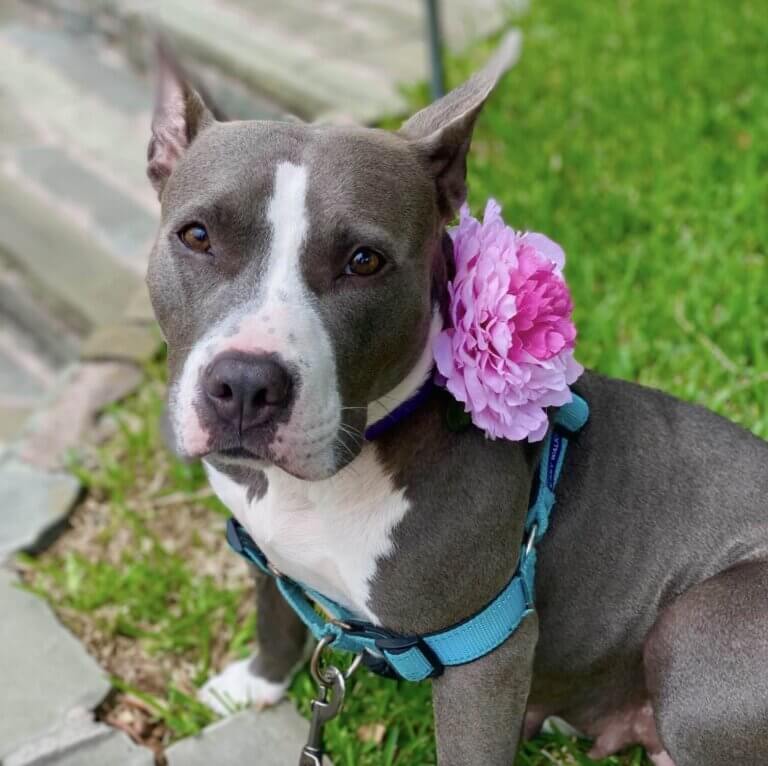Your pet’s diet may need to change several times throughout his life, whether it’s due to food allergies or sensitivities, changes in health, or aging. Before changing his diet, however, you should always consult with your veterinarian. Here’s a look at when and why you may need to change your pet’s diet:
Your Pet Is Showing Signs of Food Allergies
Your pet can develop food allergies at any point during his life. Even if he has previously shown no signs of a problem with a certain food, he may suddenly have a reaction to it. Dogs often develop allergies to carbohydrates, fruits, and vegetables and both cats and dogs can develop a sudden allergy to any type of protein source. The most common sources of food allergies in pets are beef, chicken, dairy, eggs, fish, lamb, pork, rice, soy, and wheat. Your pet may show signs of a food allergy hours or even days after contact with the offending food. Symptoms might include itching and scratching, dry and flaky skin or dandruff, skin irritations or infections, inflammation, ear infections, oily skin or coat, runny or watery eyes, digestive issues, hot spots and hair loss, overgrooming, sneezing or reverse sneezing, and swelling of the eyes or face.
Your Pet Has or Is at Risk for Health Problems
If your pet is at risk for a certain health condition, or has been diagnosed with one, your veterinarian may recommend medicated or prescription pet food. Medicated and prescription pet food can treat or reduce your pet’s risk of diabetes, kidney and bladder problems, urinary tract infections, arthritis, food allergies and sensitivities, digestive problems, cancer and tumors, behavioral problems, and diarrhea or vomiting.
Your Pet Is of Senior Age
Once your pet is around 7 years old, he may need to switch to a senior pet food. Consult with your veterinarian before making that switch. Senior pet food has higher levels of protein, lower levels of fat, additional Omega fatty acids, antioxidants, enhanced botanical oils, and are higher in flavor or aromatics to encourage your pet to eat.
If you think your pet’s diet needs to be changed, consult with your veterinarian to find the best new diet for his health needs.

